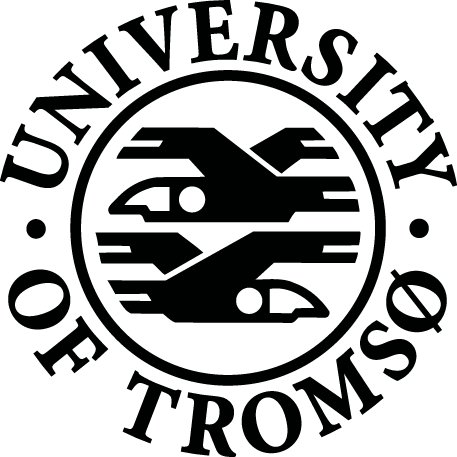-
Piotr Bałazy
Benthic ecologist and Scientific Diving Officer of the Institute of Oceanology, Polish Academy of Sciences. His professional interests revolve around hard bottom communities, natural and artificial ones such as shipwrecks, and ecosystem engineers. His doctoral project was on mechanisms shaping biodiversity of epifaunal assemblages overgrowing shells used by hermit crabs in northern Norway and Spitsbergen. So far focused mostly on cold water, he was lucky enough to work in both polar regions. Fascinated from the beginning by scuba diving, which actually led him to his studies, started his adventure with underwater photography several years ago. Currently trying to implement various photographic techniques as his main research tools.
-
Piotr Kukliński
Benthic ecologist working at the Institute of Oceanology, Polish Academy of Sciences as well as scientific associate at Natural History Museum in London. Currently his professional focus is on taxonomy and systematics of polar bryozoans, factors controlling biodiversity, processes of colonization and succession on rocky bottom and factors controlling them, invertebrates skeletal geochemistry in relation to biological and environmental factors. His research take place mostly in polar and temperate areas. Beside his work as marine ecologist his is passionate about diving and underwater photography.
-
Maria Włodarska-Kowalczuk
Benthic ecologist working at the Institute of Oceanology, Polish Academy of Sciences. Her scientific interests focus on the role of the biodiversity in the functioning of the marine benthic communities, the role of the ecosystem engineers (kelp beds, seagrass meadows, bioturbators) in functioning of the seabed systems as well as the environmental drivers of the patterns of benthic diversity, including functional diversity, food web complexity and size structure of benthic communities. She has conducted her research both in the Arctic and in the Baltic Sea.
-
Jorgen Berge
Completed his PhD at the University of Tromsø in 2000. His main scientific focus centers on two topics; ecosystem responses to climate change and the biological processed during the polar night. Currently he is a professor at the University of Tromsø and an adjunct professor at UNIS (Svalbard). Mare Incognitum – Marine night project leader.
-
Jan Marcin Weslawski
Head of Marine Ecology department at the Institute of Oceanology, Polish Academy of Sciences. Marine ecologist, interested in biodiversity, intertidal ecology, Arctic ecosystems and wide range of environmental problems. Recent projects are about fjords ecosystem functioning, and tidal glacier bays as specific site for the top predators. He was working with primary production, zooplankton, fish, seabirds and sea mammals yet his speciality are higher crustaceans and identification of amphipoda. SPB Mare Incognitum project leader.


